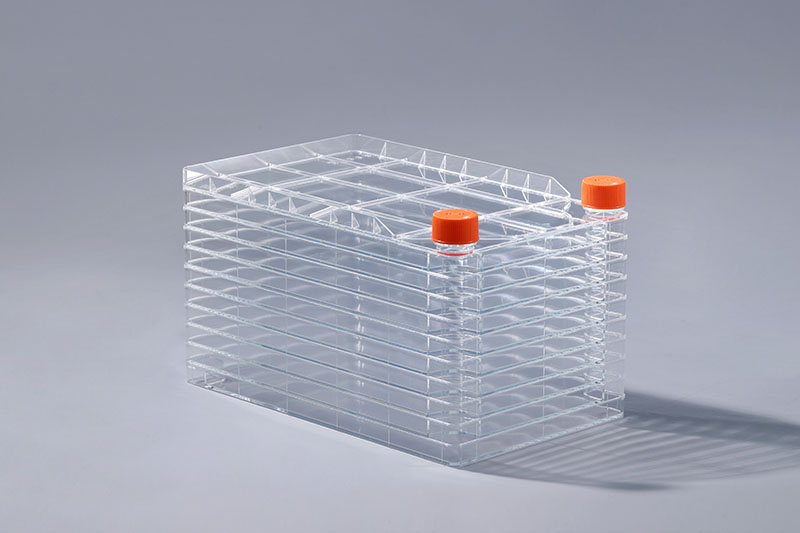細胞培養の過程で、不適切な操作やその他の理由によって引き起こされるさまざまな汚染問題が常に研究者の焦点となってきました。特に cellfactories のような大規模な細胞培養では、細胞汚染の問題は無視できません。
実際、細胞培養に細胞工場を使用する場合、すべての作業が適切に行われ、予防の意識が確立されれば、多くの汚染を避けることができます。具体的には、次の側面が含まれます:
1。優れた規則と規制:細胞培養エリアでは厳格な規則と規制を確立する必要があり、関係者のみが立ち入ることができます。必要なアイテムが近くに配置され、セルを処理するときに不要な動きが回避されるように、合理的に配置する必要があります。
2。無菌操作:これは、培地の調製、液体のサブパッケージング、マテリアルハンドリング、液体の吸入または吸引時の操作方法など、細胞培養のプロセスにおいて非常に重要なポイントです。これらはすべて厳密に実行する必要があります。無菌性の原則に従って。
3。作業エリアを清潔に保つ:細胞培養は環境に対して非常に高い要件があり、床やカウンタートップ、二酸化炭素インキュベーター、生物学的安全キャビネット、廃棄物、水浴などを含む作業エリアを定期的に清潔に保つ必要があります。
4。抗生物質の合理的な使用:抗生物質は細胞汚染を減らすことができますが、過度の依存は無菌操作を無視する傾向があり、抗生物質の使用は細胞の生物学的特性を変え、実験結果を誤解させる可能性があるため、注意して使用する必要があります。
5.5。細胞バンクを確立する:条件付き機関は独自の細胞バンクを確立する必要があり、凍結保存された細胞の生物学的特性は変化しないため、隠れた汚染の潜在的な害を排除できます。
細胞の汚染は、細胞の成長と繁殖に影響を与えます。セルは通常破棄されます。上記の点を行うことで、細胞工場内の細胞の汚染を回避し、実験の進行を確実にすることができます。
The FAI climbed 5.9 percent year-on-year in the first 11 months of 2018, quickening from the 5.7-percent growth in Jan-Oct, the National Bureau of Statistics (NBS) said Friday in an online statement.
The key indicator of investment, dubbed a major growth driver, hit the bottom in August and has since started to rebound steadily.
In the face of emerging economic challenges home and abroad, China has stepped up efforts to stabilize investment, in particular rolling out measures to motivate private investors and channel funds into infrastructure.
Friday's data showed private investment, accounting for more than 60 percent of the total FAI, expanded by a brisk 8.7 percent.
NBS spokesperson Mao Shengyong said funds into weak economic links registered rapid increases as investment in environmental protection and agriculture jumped 42 percent and 12.5 percent respectively, much faster than the average.
In breakdown, investment in high-tech and equipment manufacturing remained vigorous with 16.1-percent and 11.6-percent increases respectively in the first 11 months. Infrastructure investment gained 3.7 percent, staying flat. Investment in property development rose 9.7 percent, also unchanged.
 English
English



















































